do we need a structural engineer?
homebody_2007
15 years ago
Related Stories
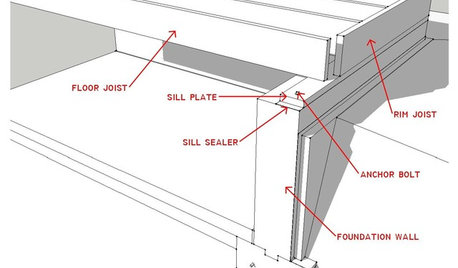
KNOW YOUR HOUSEKnow Your House: What Makes Up a Floor Structure
Avoid cracks, squeaks and defects in your home's flooring by understanding the components — diagrams included
Full Story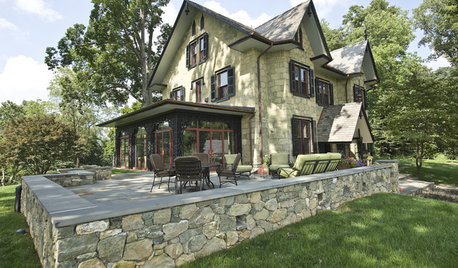
LANDSCAPE DESIGNGarden Walls: Mortared Stone Adds Structure, Style and Permanence
Learn the pros and cons of using wet-laid stone walls in your landscape
Full Story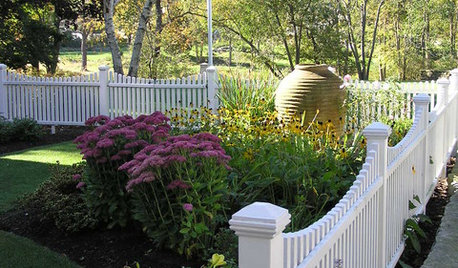
CURB APPEAL7 Great Structures for an Attractive Front Yard
Create a tasteful tableau for all to admire with a fountain, gate, statue or other eye-catcher
Full Story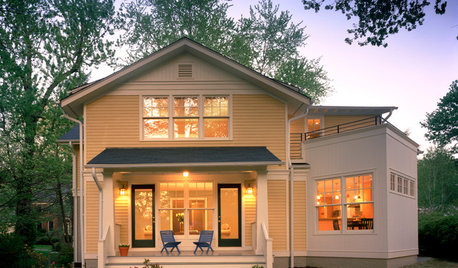
WORKING WITH PROSHow to Hire the Right Architect: Comparing Fees
Learn common fee structures architects use and why you might choose one over another
Full Story
ARCHITECTURE21 Creative Ways With Load-Bearing Columns
Turn that structural necessity into a design asset by adding storage, creating zones and much more
Full Story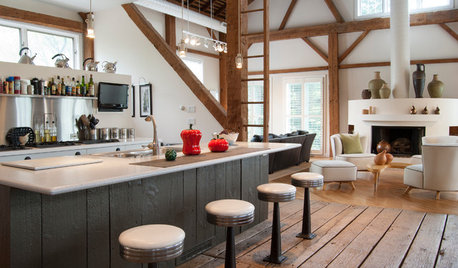
HOUZZ TOURSMy Houzz: Rustic Meets Refined in a Converted Ohio Barn
Intelligent reuse and innovative engineering create a modern family home that’s anything but typical
Full Story
HOUZZ TOURSMy Houzz: Polished Urban Sanctuary in Toronto
Suited perfectly to its working-class downtown neighborhood, an engineer's modern home is an airy and spacious retreat
Full Story
FURNITUREModern Icons: Platner Tables
Architectural Engineering Meets Wire and Curved Silhouettes
Full Story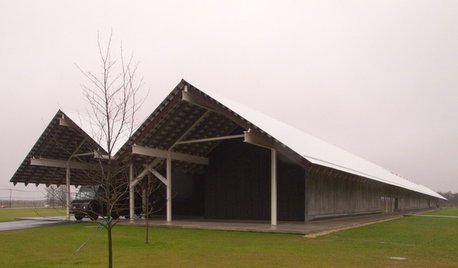
ARCHITECTURERenowned Architects Give Artworks a Minimalist New Home
A New York museum takes up residence in a newly built minimalist structure, and its architectural features offer lessons for homeowners
Full StoryMore Discussions






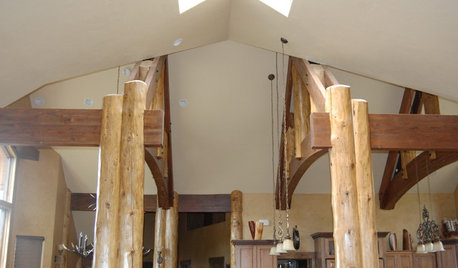
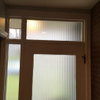

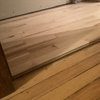
lucy
User
Related Professionals
Commerce City Kitchen & Bathroom Designers · Mount Prospect Kitchen & Bathroom Designers · Ridgewood Kitchen & Bathroom Designers · South Barrington Kitchen & Bathroom Designers · Town 'n' Country Kitchen & Bathroom Designers · Waianae Kitchen & Bathroom Designers · Fairland Kitchen & Bathroom Remodelers · Fort Pierce Kitchen & Bathroom Remodelers · Gardner Kitchen & Bathroom Remodelers · Overland Park Kitchen & Bathroom Remodelers · Paducah Kitchen & Bathroom Remodelers · Port Charlotte Kitchen & Bathroom Remodelers · Pueblo Kitchen & Bathroom Remodelers · Westchester Kitchen & Bathroom Remodelers · Winchester Architects & Building Designerslucy
homebody_2007Original Author
calliope
User
homebody_2007Original Author
calliope
homebody_2007Original Author
calliope